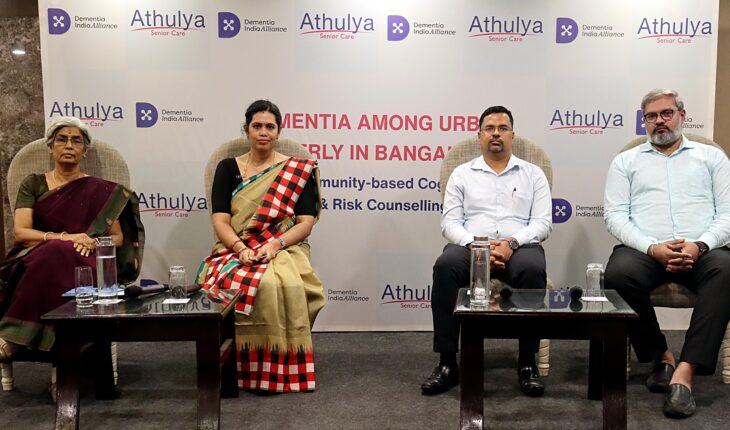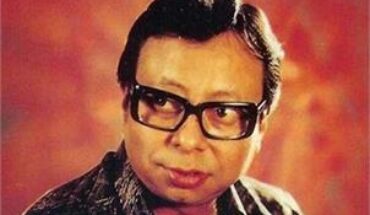Urban Dementia Screening Study Uncovers Gaps in Awareness Among Affluent Families
Bengaluru: On a quiet morning in a gated community in South Bengaluru, 65-year-old Lakshmi sat on a park bench, clutching a diary. Each page was filled with grocery lists, appointment reminders, and notes scribbled in shaky handwriting—written not for reference, but for survival.
“My husband, Rajan, once remembered every birthday in the family,” she whispered, eyes scanning the morning walkers. “Now, he struggles to remember my name.”
For months, Lakshmi dismissed the changes as harmless forgetfulness. After all, age comes with its quirks. But when Rajan got lost trying to find their apartment elevator, panic set in. Their story is heartbreakingly familiar to many urban Indian families.
A recent community-based dementia screening initiative by Dementia India Alliance (DIA) in association with Athulya Senior Care uncovered a silent epidemic hidden in plain sight. Conducted across affluent apartment complexes in Bengaluru, the study screened 716 older adults, shining a light on cognitive health in India’s upper socio-economic urban population.
The results were eye-opening.
Key Findings:
- 12.2% of seniors aged 60+ showed signs of cognitive impairment.
- Over 56.9% of family members failed to recognize these early symptoms.
- Among participants aged 50–59, 11.4% had early cognitive decline.
- A significant percentage also suffered from vascular or sensory comorbidities such as diabetes, hypertension, hearing or vision loss — all of which increase dementia risk.
These numbers are not just statistics. They are fathers who forget their daughters’ names. Grandmothers who stop telling bedtime stories. Teachers who once inspired generations, now unable to hold a conversation.
Why Awareness Still Fails the Educated
Despite high levels of education and access to healthcare, denial and stigma continue to delay timely detection.
“People assume dementia happens to others. In reality, it’s happening in our own living rooms,” says Dr. Radha S Murthy, President of Dementia India Alliance. “The real danger is not just in the memory loss, but in the silence that surrounds it.”
Many families, she notes, confuse early signs of dementia with normal aging or emotional stress. This misjudgment causes critical delays in diagnosis, care, and quality of life for the affected person.
Hope Through Early Detection
To bridge this gap, DIA and Athulya Senior Care have connected individuals flagged during the screening to DemClinic, a free online memory clinic providing detailed assessments and customized intervention strategies.
Dr. Naren Rao, Consultant Psychiatrist at Athulya Senior Care, emphasizes the importance of early intervention. “Dementia is not curable, but with the right support, it is manageable. The earlier we intervene, the better the outcomes.”
Athulya’s Mind & Memory Care Program delivers a holistic approach combining clinical expertise, personalized care plans, and therapeutic support — all designed to help individuals and their families navigate this difficult journey with dignity and hope.
The Role of Families: From Silence to Support
Dr. Srikala Bharath, Psychiatrist and Advisor to DIA, makes a compelling call:
“Cognitive screening is not optional anymore. If we truly love our elderly, we must get them assessed. Otherwise, we are failing in our roles as children, caregivers, and citizens.”
The Dementia India Alliance continues to lead the charge with community outreach, caregiver support, and national helplines. The National Dementia Support Line (+91 8585 990 990) is available to help families ask the right questions and get the help they need.
A Daughter’s Realization
Back at her home, Lakshmi has made peace with their new routine. She writes her husband’s name on the fridge every morning, and repeats stories from their past until he smiles.
“I don’t want to wait for him to forget everything before we act,” she says. “I wish I had understood sooner. But now I know. And now, we will fight this—together.”
Takeaway: The Urban Dementia Screening Study is a wake-up call for urban India. Awareness, proactive screening, and compassionate care must replace silence and stigma. In the face of a rising public health crisis, every forgotten name, missed appointment, or blank stare is a sign not to ignore—but to understand, to act, and to love better.






